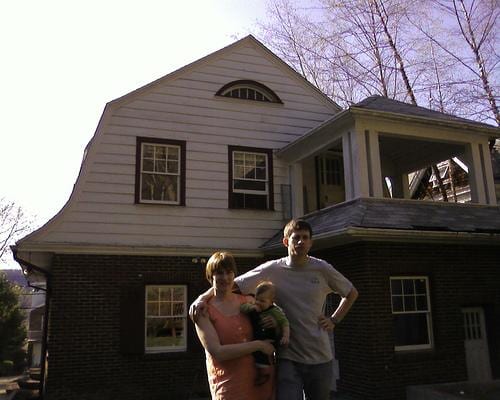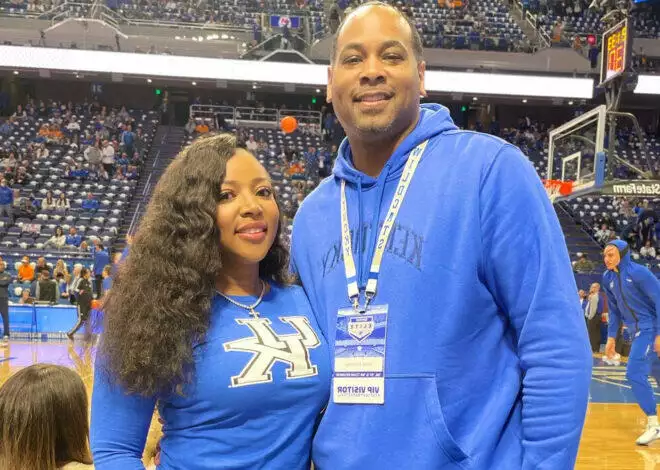Owning a home is a dream for many people that, with some proper planning, can easily become a reality. There are a few necessary items potential buyers will need in order to become homeowners—namely money, knowledge of the local real estate market (or the services of a licensed real estate agent), and patience. Time is another factor. Unless you find the perfect house right away, budget for a minimum of 2 months to find a house and close the deal. It takes an average of 30 to 45 days for a house to close. After that, you must purchase home owner’s insurance and sign a variety of documents. Then the house is yours.
The Basics
You need either cash or financial backing to become a homeowner. If you don’t have available money to buy a home, you’ll need to take out a mortgage. Before you begin your home search, meet with a mortgage lender to determine the type loan you’re pre-qualified for. It’s also necessary to have cash for home maintenance. According to Coldwell Banker, a homeowner generally spends1 to 4 percent of the home’s original cost on yearly maintenance.
Types
There are three types of mortgage loans: conventional, Federal Housing Administration (FHA) loan, and Veterans Administration (VA) loan. A conventional loan refers to any loan not insured or guaranteed by the government. FHA loans are insured by the government as are VA loans. Since these are loans through government agencies, banks are guaranteed to receive the money and are often more willing to grant these types of loans to potential buyers.
Misconceptions
Buyers don’t need perfect credit to get a loan. As of 2009, Fannie Mae will allow a credit rating as low as 580. Lenders look at more than just a person’s credit—debt-to-income ratio carries a lot of weight. If a person has perfect credit, but high debt-to-income ratio, he or she may be denied a loan. The reverse can also be true. FHA loans have less stringent regulations on a potential buyer’s credit rating and debt-to-income ratio and are more accepting than other lenders.
Considerations
Even if you have a loan, most situations require money for closing costs (which can run 2 to 3 percent of your purchase price) and for a down payment (in 2009, FHA wants 3.5 percent down and conventional loans want anywhere from 10 to 20 percent down). You will also need the services of a home inspector, which will cost a few hundred dollars.
Expert Insight
Many buyers work with a real estate agent when looking for and purchasing a house. While it’s not necessary to have a real estate agent to purchase a home, an agent can make the process run more smoothly. A real estate agent is an expert who looks out for the buyer’s best interests and is hired at no cost to the buyer. Only licensed real estate agents have access to the Multiple Listing System (MLS), a database of local real estate.





